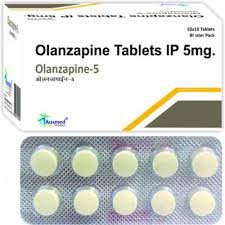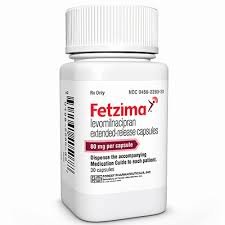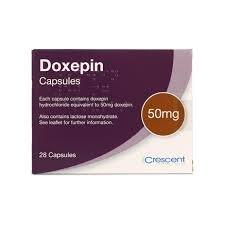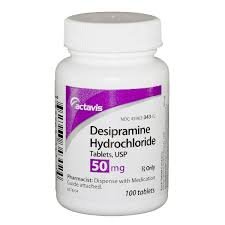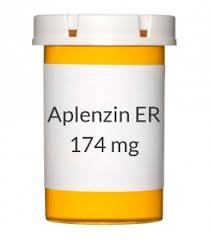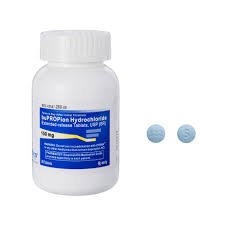What is risperidone?
risperidone Get Now Risperidone works primarily by altering the effects of neurotransmitters in the brain, particularly dopamine and serotonin. By blocking certain dopamine receptors (D2 receptors) and serotonin receptors (5-HT2A), risperidone helps to stabilize mood, reduce psychotic symptoms, and improve overall emotional well-being. This dual action is what distinguishes it [...]


